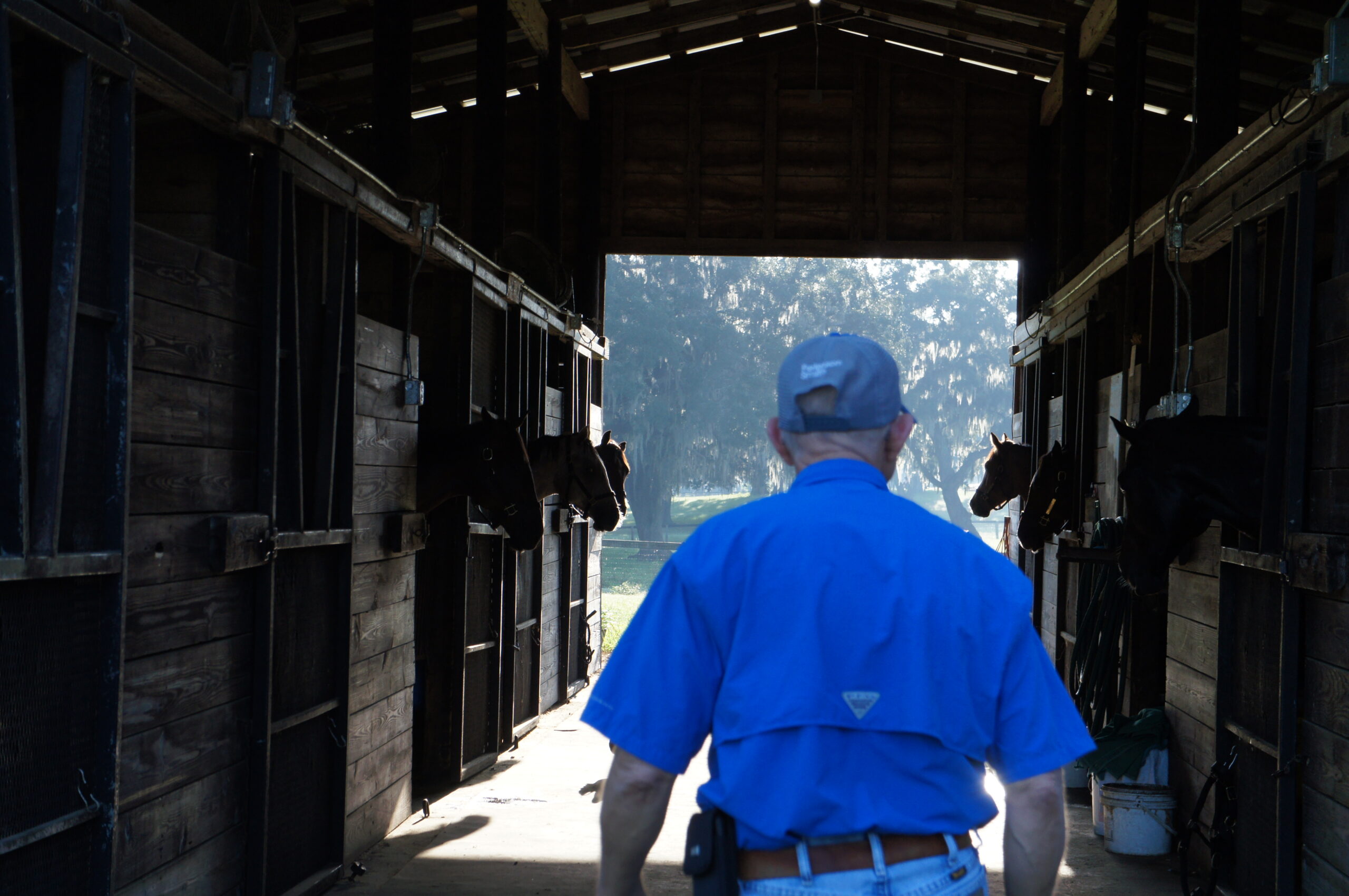Vaccinations are the cornerstone of equine health management. Equine vaccines are essential tools that help protect horses from various potentially life-threatening diseases. In this article, we will delve into the importance of equine vaccines, the diseases they prevent, and how they contribute to the overall well-being of horses.
Preventing Deadly Diseases
Equine vaccines are designed to prevent diseases that can be devastating to horses or other animals in proximity. Some of the most significant threats include:
- Eastern Equine Encephalitis (EEE): a mosquito-borne viral disease, poses a serious threat to equines. Commonly found in North America, this disease can have severe neurological effects on horses. EEE virus is transmitted through mosquito bites, and infected horses may exhibit symptoms ranging from mild fever and lethargy to more severe signs like head pressing, circling, and even coma. Vaccination is the primary preventive measure, and it’s crucial for horse owners to work closely with veterinarians to establish effective vaccination schedules and implement mosquito control strategies in endemic regions. Timely vaccination plays a pivotal role in safeguarding equines against this potentially fatal illness.
- West Nile Virus (WNV): Transmitted to horses and humans alike from birds by mosquitoes, West Nile Virus (WNV) can cause severe neurological symptoms, leading to paralysis and death. This disease is not directly transmissible from horse to horse or horse to human.
- Tetanus: Caused by the spore-forming bacterium Clostridium tetani and its neurotoxin when a horse sustains a laceration, puncture wound, or other trauma, post-foaling umbilical contamination in foals, or even surgical incisions. Tetanus leads to severe muscle stiffness, protrusion of the third eyelid, spastic (stiff) paralysis, and death if left untreated.
- Rabies: Rabies is a fatal neurological disease that affects all mammals, including horses. It poses a significant risk to both equines and humans, as well as other domestic species. Clinical signs vary but range from dullness and lethargy to unpredictable aggressive behavior days to weeks following exposure.
- Equine herpesvirus (EHV) has 5 subtypes, with EHV-1 and EHV-4 posing the greatest health risk to domestic horse populations. Vaccination, biosecurity measures during travel, consistent health monitoring following travel, and regular veterinary check-ups are crucial in preventing and managing EHV infections.
- EHV-1: Causes respiratory illness, abortion in pregnant mares, and potentially fatal neurological disease (Equine Herpes Myeloencephalopathy [EHM]).
- EHV-4: Often leads to non-fatal respiratory infections in foals, sometimes abortion, and less often, neurological disease.
- Equine Influenza: highly contagious respiratory disease fever, coughing, nasal discharge, and reduced performance in affected horses. Often seen in horses with a recent travel history to an area with a dense horse population, such as a popular show facility or new barn.
Herd Immunity
Vaccination not only protects individual horses but also contributes to herd immunity, which is the resistance to the spread of infectious diseases within a population or group of animals because of vaccination. When a significant portion of a population is vaccinated against a disease, it becomes less likely to spread within the herd, ultimately benefitting all horses even those that may not be able to be vaccinated against certain diseases due to vaccine reactions or pre-existing conditions.
Cost-Effective Prevention
Preventing diseases through vaccination is more cost-effective than treating them once they occur. The costs related to veterinary care and potential long-term complications can be significant, and preventable diseases through vaccination pose a risk of fatal outcomes for horses. Vaccination is an effective measure to prevent these complications.
Maintaining Performance and Productivity
Horses that contract preventable diseases may experience long-term reduced performance and productivity. Racehorses, performance horses, and working horses rely on optimal physical condition, and even a mild illness can have a significant detrimental impact on future performance. Vaccination helps ensure that these horses can continue to perform at their best.
Protecting Public Health
Some equine diseases, like rabies, have zoonotic risks, meaning they can be transmitted from horses to humans or other mammals. By vaccinating horses against zoonotic diseases, we also contribute to public health protection.
Social Responsibility
Ensuring your horse receives the necessary vaccinations is not just a precaution; it’s an integral part of responsible horse ownership and equine healthcare. These vaccinations safeguard horses from potentially fatal diseases, contribute to herd immunity, reduce veterinary expenses, and ensure optimal performance. Collaborating closely with your veterinarian and adhering to recommended vaccination schedules based on your horse’s risks and environment guarantees the longevity of your equine companions while minimizing public health risks.
Moreover, responsible vaccination practices foster a culture of transparency and accountability within the equestrian community. They signify a steadfast commitment to the overall well-being of horses and nurture an environment of trust among owners, trainers, and equine professionals. Active participation in vaccination programs upholds a standard of care that casts a positive light on the community, showcasing a collective dedication to the health and safety of these magnificent animals.
It is essential to highlight resources that keep us informed and equipped to manage equine health effectively. The Equine Disease Communication Center (EDCC) stands as a valuable hub for timely, accurate, and pertinent information about equine diseases. Providing up-to-date alerts, educational resources, and communication tools, the EDCC empowers veterinarians, horse owners, and industry professionals to stay ahead of potential health challenges. In our commitment to comprehensive equine care at Peterson Smith Equine Hospital, we encourage everyone to leverage the insights offered by organizations like the EDCC, fostering a collective effort to maintain the well-being of our equine.
Take a proactive step in safeguarding your horse’s health by scheduling their vaccinations with Peterson Smith Equine Hospital. Our team is ready to ensure your equine companion is protected against a range of diseases, contributing to their overall well-being. Give us a call today to set up an appointment, and let’s work together to provide the best care for your horse.




